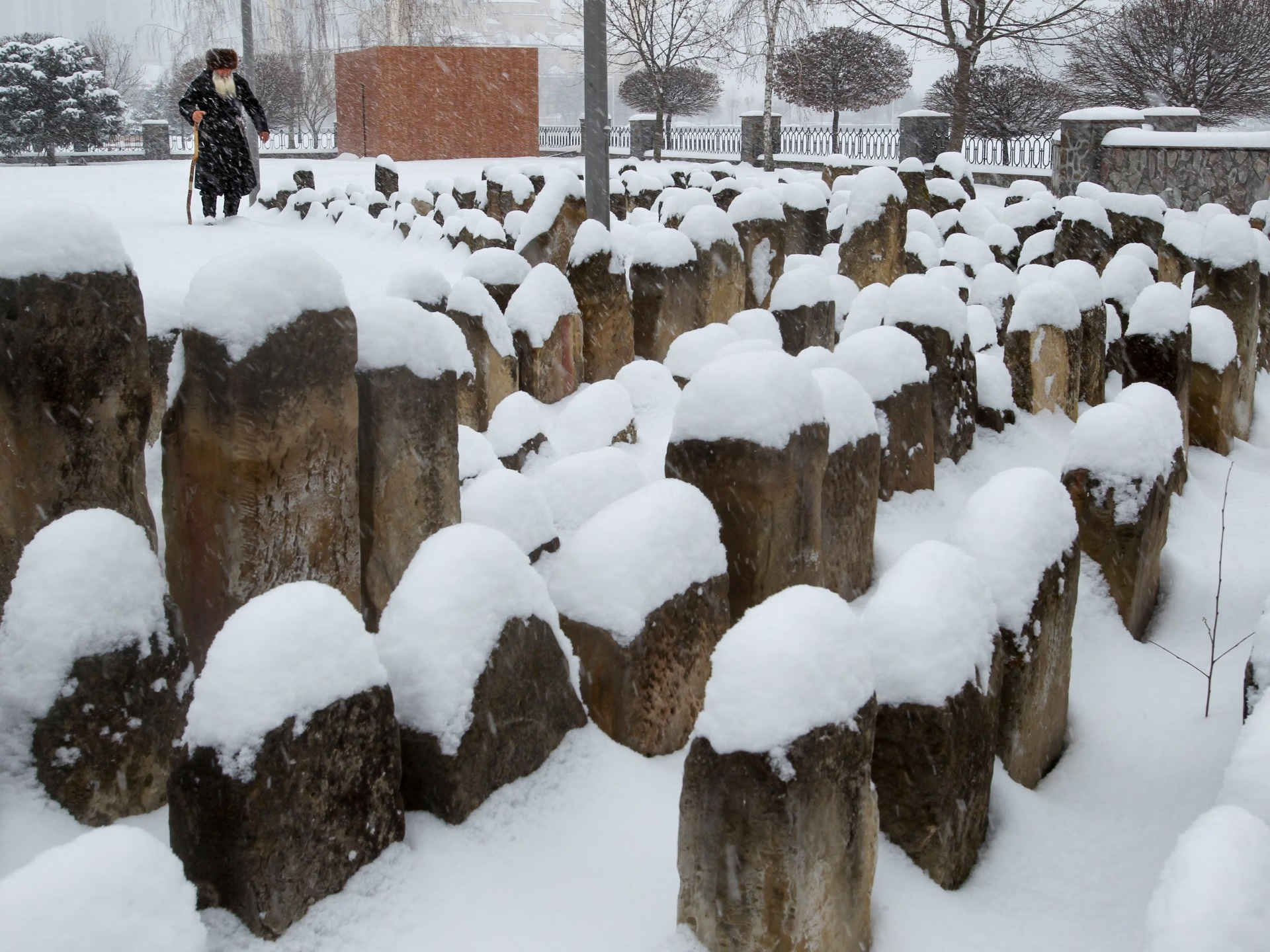On the eve of Ukraine marking three years since the full-scale Russian invasion, the Chechen and Ingush peoples are commemorating the 81st anniversary of their forced expulsion by the Soviet regime in Moscow. The devastating effects of this genocidal operation, initiated on February 23, 1944, under the orders of Soviet dictator Joseph Stalin, continue to resonate throughout the North Caucasus and beyond.
For decades, efforts to suppress the memory of this violent expulsion and the Soviet refusal to acknowledge and apologize for it have kept the wounds of the Chechen and Ingush people open. I remember being six or seven years old, hearing the term "deportation" for the first time from one of my parents, only to be met with silence. Soviet authorities maintained a strict grip on the country in the early 1980s and decisively suppressed discussions on this topic, particularly within the Chechen and Ingush autonomous republics.
Adults lived in fear and distrust, exercising extreme caution in discussing the subject, even in front of their children. Any child repeating the word in public or at school risked drawing the attention of the KGB, leading to punishment.
The era of Perestroika, marked by increased openness and the eventual dissolution of the Soviet Union, eventually allowed the younger generations of Chechens and Ingush to learn about the experiences of their parents and grandparents. Stories emerged of how, during World War II, elite divisions of the NKVD, the predecessor of the KGB, and the military were deployed to deport the entire Chechen and Ingush populations from their ancestral lands. The revelation that Soviet soldiers killed the elderly and sick to meet the deportation schedule was particularly chilling, with their bodies disposed of in mountain lakes. Entire communities were burned down, including the village of Khaibakh, where 700 residents were burned alive by the NKVD.
The harrowing three-week journey in rail cars meant for livestock, where people faced starvation and unsanitary conditions, further contributed to the staggering death toll. Those who survived the journey were dropped off in the Central Asian steppe with no food or shelter, facing little chance of survival. The deportation resulted in the loss of almost 25 percent of the Chechen and Ingush populations, according to official estimates, before they were allowed to return home in 1957, four years after Stalin’s death.
In 1991, following the collapse of the Soviet Union and the first democratic elections in Russia, the government started paying minimal monetary compensation to those who were born or lived in exile. However, no formal apology was issued by Russian President Boris Yeltsin or his successors for the more than 100,000 Chechen and Ingush deaths during the deportation.
In 2004, during the war in Chechnya, the European Parliament considered recognizing this tragedy as genocide, but the initiative was unsuccessful. The violent experience of deportation was a driving force behind Chechnya’s declaration of independence in 1991, as the Chechens sought protection through international law. However, Russia’s aggression in 1994 shattered these hopes, and even after their victory in 1996, the Chechens found themselves abandoned by the world.
In 2004, the second Russian aggression against Chechnya followed, and Vladimir Putin’s rule brought an authoritarian regime led by the Kadyrov family. In 2011, Ramzan Kadyrov, who inherited the presidency of Chechnya from his father Akhmat, prohibited the commemoration of the deportation on February 23 and forced people to celebrate the Russian holiday, the Day of the Motherland Defender. In 2020, some commemoration events were allowed, but they primarily served to legitimize Kadyrov’s power in Chechnya.
However, Kadyrov recently compelled the authors of a new Russian history textbook to revise the section that justified Stalinist deportations, indicating his understanding that the memory of the deportation will continue to be a rallying cry for the Chechens for years to come.
The memory of the deportation continues to inspire support for Chechen independence and motivated hundreds of Chechens to fight the invading Russian army in Ukraine in 2022. It is essential to remember what happened to the Chechen people today, as Ukraine also faces the threat of suppression and abandonment. The consequences can be devastating, as they have been for the Chechen people who continue to suffer under brutal authoritarianism.
The views expressed in this article are the author’s own and do not necessarily reflect Al Jazeera’s editorial stance.







